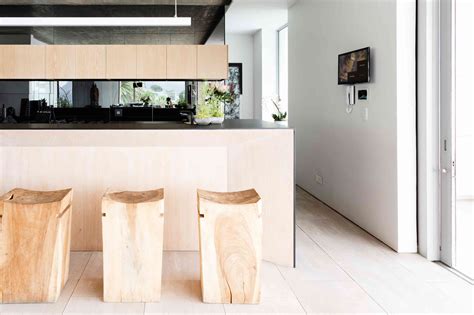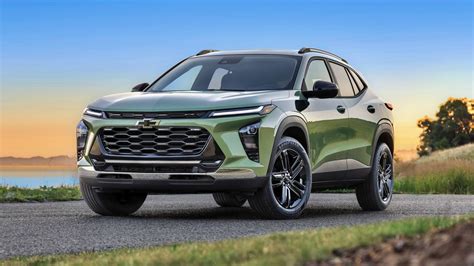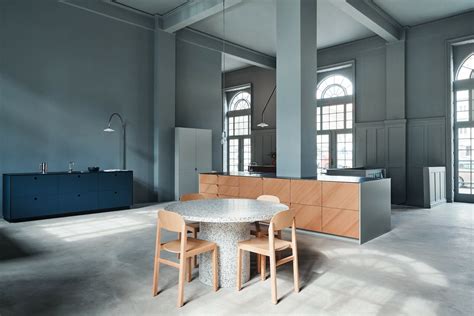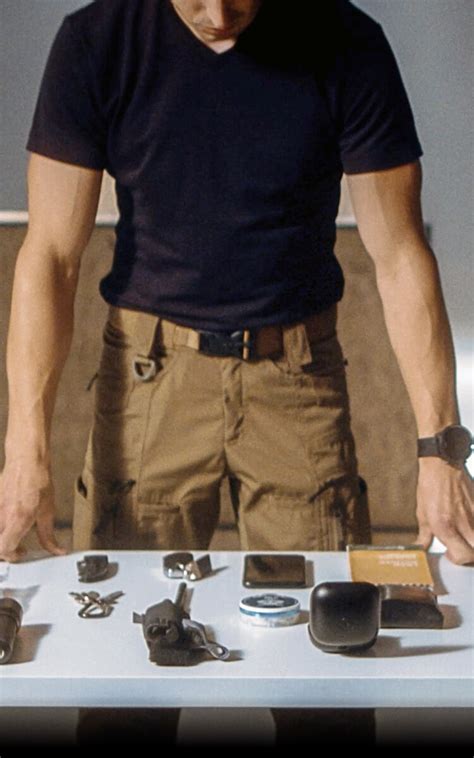What minimalist EDC gear truly boosts daily efficiency & preparedness without unnecessary bulk?

The Philosophy of Purposeful Carry
In a world often saturated with options, the concept of Everyday Carry (EDC) has evolved. What began as a practical necessity has, for some, morphed into a collection of novelties. However, true minimalist EDC champions a deliberate selection process, ensuring every item serves a genuine purpose: to enhance daily efficiency and preparedness without the burden of unnecessary bulk. This isn’t about deprivation; it’s about optimization.
The goal is to curate a collection of tools and essentials that are always at hand, ready to tackle common challenges, emergent situations, or simply make daily tasks smoother. The key distinction lies in asking, “Does this truly add value, or is it merely extra weight?”

Core Principles for a Lean, Mean EDC
Before diving into specific items, it’s crucial to establish guiding principles:
- Multi-functionality: Prioritize items that can serve multiple purposes. A multi-tool isn’t just a knife; it’s a screwdriver, pliers, and more.
- Durability & Reliability: Your gear should be able to withstand daily use and perform when needed most. Cheap tools often fail when it counts.
- Accessibility: Items should be easy to reach and deploy. A tool buried at the bottom of a backpack isn’t truly EDC.
- Necessity Over Novelty: Every item must address a common problem or potential emergency you genuinely expect to encounter.
- Size & Weight: The lighter and smaller, the better, as long as it doesn’t compromise utility.
Essential Categories for Peak Efficiency & Preparedness
While individual needs vary, several categories consistently prove their worth in a minimalist EDC:
1. Cutting Tool: The Indispensable Edge
A high-quality, compact folding knife or a robust multi-tool is arguably the cornerstone of any EDC. From opening packages and cutting cord to basic repairs or self-defense, its utility is endless. Opt for something with a secure lock and a blade material that holds an edge well.

2. Light Source: Illumination on Demand
Even in well-lit environments, power outages, searching under furniture, or navigating dark paths are common occurrences. A small, bright LED flashlight that runs on readily available batteries (or is rechargeable) is invaluable. Modern mini-lights offer impressive lumens in a tiny package.
3. Writing & Information: Pen, Paper, & Digital Hub
A compact pen and a small notebook are surprisingly useful for jotting down notes, ideas, or contact information when your phone isn’t suitable or available. Your smartphone, of course, is the ultimate information hub, containing maps, communication, and digital payments. Ensure it’s protected and charged.

4. Fire & First-Aid: Readiness for the Unexpected
A small, reliable lighter (Bic, Zippo, or ferro rod) is useful beyond starting fires – think melting cordage or emergency signaling. A micro first-aid kit, containing band-aids, antiseptic wipes, pain relievers, and any personal medications, prepares you for minor injuries without taking up much space.

The “Why” Behind Each Item: Beyond the Obvious
Consider the cumulative impact: the knife saves time struggling with packaging; the light prevents fumbling in the dark; the pen captures crucial details; the first-aid kit prevents a minor cut from becoming a major inconvenience. Each item, thoughtfully selected, amplifies your capability and reduces dependency on external resources or assistance.
Minimalist EDC isn’t about having everything; it’s about having what truly matters. It’s a proactive approach to daily life, empowering you to navigate common challenges with confidence and efficiency, unburdened by the superfluous. By adhering to principles of utility, reliability, and compact design, you can craft an EDC that genuinely serves your needs without adding unnecessary bulk.







